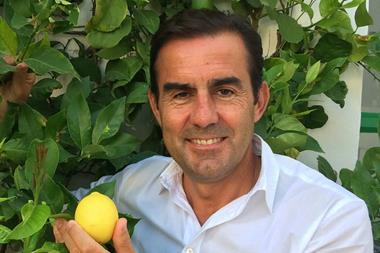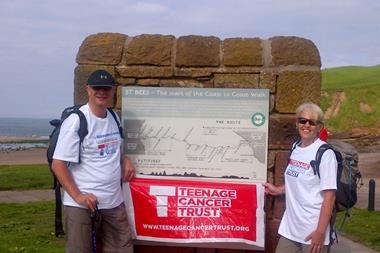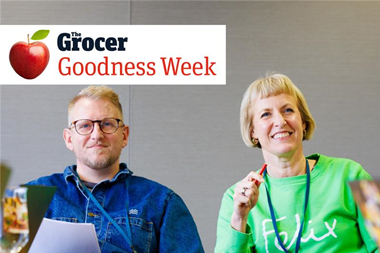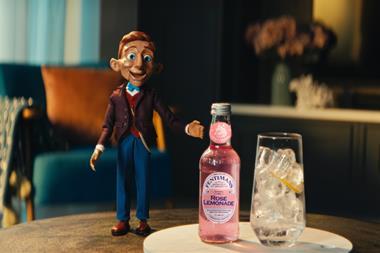It’s a hazy Saturday in early July and a team of teenagers are squeezing oranges and lemons on a stall next to Shoreditch High Street Station. They are bottling drinks for sale at £1.50 a pop and hoping for brisk business - after all, as participants in Citrus Saturday, they get to keep whatever they make, once they’ve deducted costs. “It’s an experience because it’s like seeing what it’s like to run your own business,” says Ocean Campbell, 15. “And it’s fun working with people you know,” she adds, pointing to her four team mates: schoolfriends from Harlesden.
It’s not just the Shoreditch team flogging juice: 5 July is International Citrus Saturday - 800 young people, aged between eight and 16, are taking part in the UK and eight other European and African countries. But can squeezing lemons teach kids about being an entrepreneur? And can it boost recruitment to the food and drink industry?
“It’s about providing young people with an opportunity to experience what it’s like to be an entrepreneur, with a view to them perhaps choosing that for themselves in the future, or just being a better consumer because they understand pricing and business better,” says Citrus Saturday manager Jack Wratten. The concept is simple and scalable; Citrus Saturday provides materials, workshops and a mentor to supervise the stall. But on the day it is down to the young people to make the product, set the pricing and sell. “It’s their business and we let them be in control,” says Wratten.
Citrus Saturday started life in the US as Lemonade Day; it was imported to the UK - with some tweaks - four years ago by Tim Barnes, director of UCL Advances. UCL funds Citrus Saturday with some corporate donations and EU money. The International day is the highlight, but smaller events are held year-round.
How the figures stack up for Citrus Saturday in the UK
£15,000
2014 sales
£10,000
2014 profit
8
No of lemonade stands in 2011
100
No of lemonade stands in 2014
32
No of London schools involved
15,400
No of lemons squeezed (in London)
“Kids get the lemonade stand concept immediately,” says Barnes. “You do sometimes get comments like, can’t we do tea and cakes?” he adds. “But the reality is that lemonade is great. It’s almost impossible to give people food poisoning. It’s a very simple recipe; it can be made fresh on the stand.” And it’s easy for kids to make money. Wratten puts the typical profit margin at 70%, ensuring the participants “have a good experience on their first day in business.”
Citrus Saturday has used pitches in shopping centres and supermarkets, including Waitrose and Sainsbury’s, and there have been talks with all the major supermarkets about partnering on a bigger scale.
Barnes brushes aside the notion he may be creating a wave of grasping 12-year-old capitalists: “What we’re doing is more fundamental… It’s about having some self-belief that you’re in charge of your own life,” he says. Wratten adds: “I feel like we’ve achieved something when we’re asked, ‘can we sell something else? Can we sell biscuits?’ Because then they’ve innovated. They’ve used their initiative.”
Back in Shoreditch, the team is focused on one thing: how much money they can make from their juice. But will the experience tempt them into food and drink retail? “Not really. But I wouldn’t mind doing it - I’m good at it,” says team leader Roslyn Boakye, 16. “I want to keep my options open, but I could see myself doing it,” adds Campbell. As for what they want to do with their hard-earned cash, the girls are agreed: “We all really want to save it,” says Campbell. Entrepreneurial and fiscally sensible? They’re ones to watch.



















No comments yet